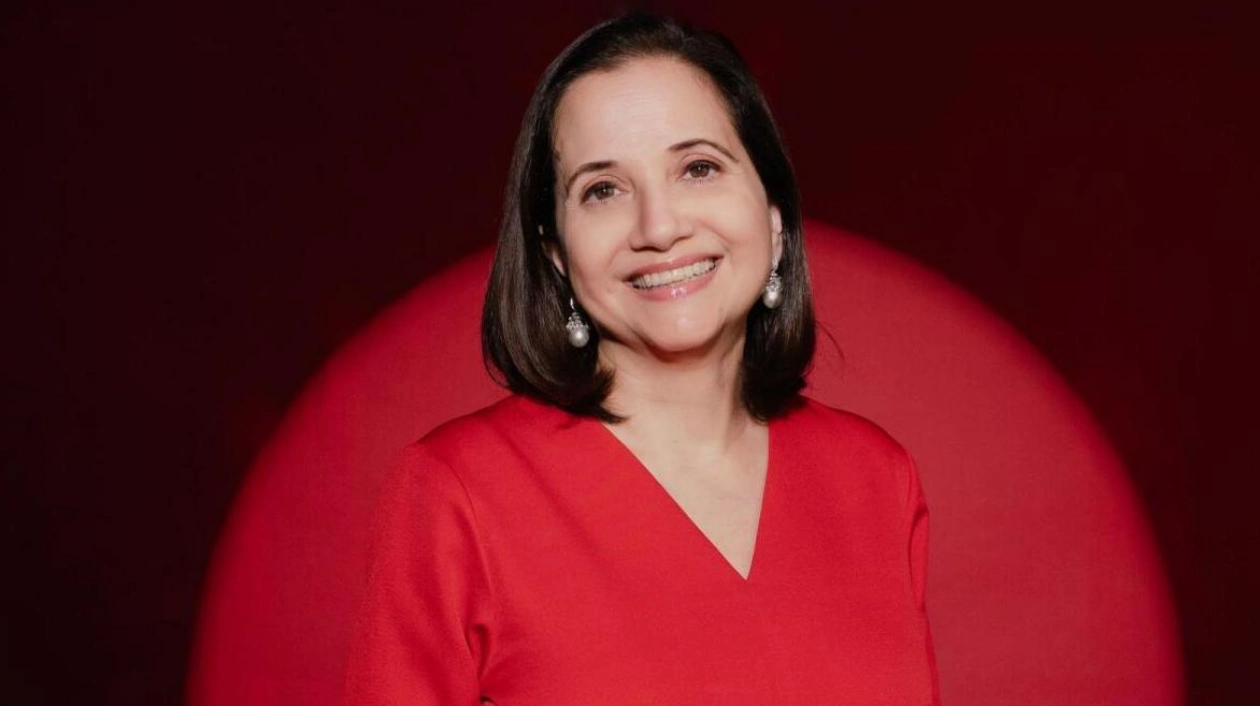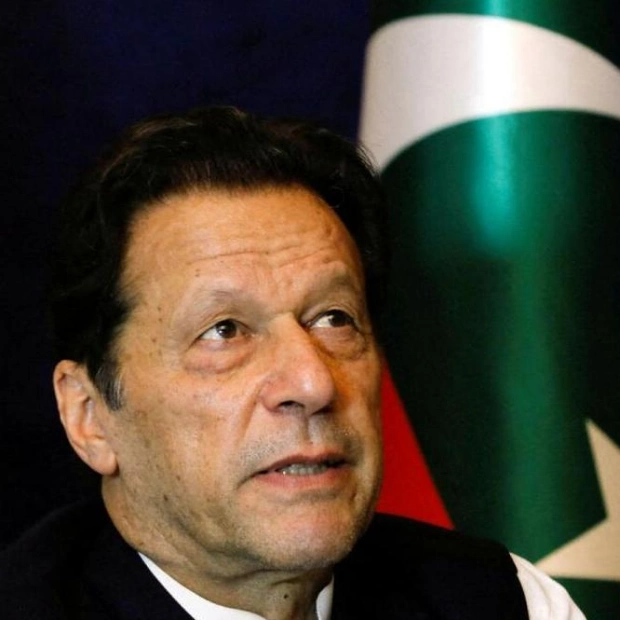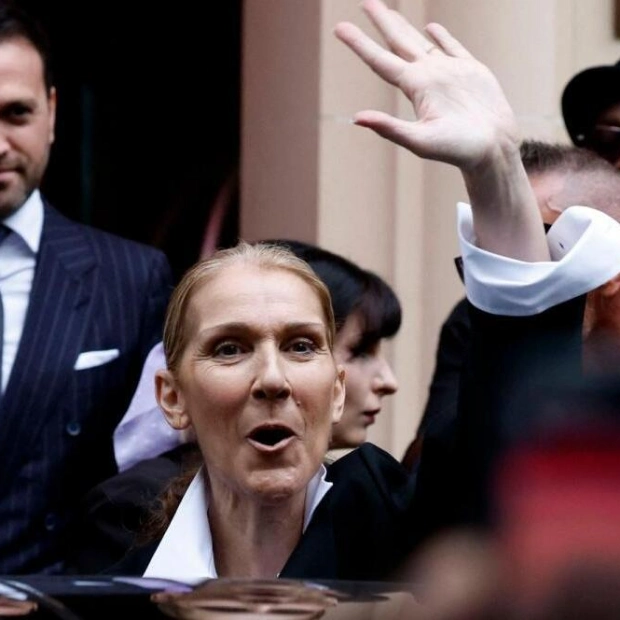It's intriguing to note that Leonard Maltin, among the top five film critics of all time, holds the world record for the shortest movie review ever. For the film 'Isn’t It Romantic?', he simply wrote: 'No.' His reasoning was straightforward: 'Why waste mine and the viewer’s time?' In stark contrast, Anupama Chopra, a distinguished film critic and author, takes a more detailed approach. She argues that art is inherently subjective and that audiences deserve a comprehensive analysis of a film's strengths and weaknesses. This allows viewers to make informed decisions. As she articulates, 'I maintain the same approach regardless of my verdict.' Interestingly, negative reviews often gain more traction online, possibly because people are drawn to critical commentary. However, her principle is to avoid being mean-spirited; she strives to be respectful and honest in her reviews, recognizing that her opinion is not the final authority.
Throughout her illustrious career, Chopra has accomplished three significant feats. Firstly, she has led the much-loved Film Companion with pragmatism and a steadfast commitment to high-quality research. Secondly, she has established herself as a leading critic, wielding immense influence while maintaining impeccable credibility. Thirdly, she has shifted the focus to highlight the exceptional work of non-Hindi cinema, bringing it into the limelight and ensuring it reaches audiences who might otherwise have missed it. Despite a career spanning over three decades across print, television, and social media, she insists on thorough preparation for interviews. 'I always prepare. It’s a must for me,' she asserts, believing it to be both unprofessional and disrespectful to approach an interview without an understanding of the subject.
Chopra is particularly interested in how actors immerse themselves in their characters and the unique methods they employ. For instance, she has discovered that Vidya Balan links her performances to specific playlists, while Ranbir Kapoor uses a different perfume for every character, calling it a 'wonderful secret weapon' to get into a character's headspace. She also explores how celebrities balance their public and private lives in the age of social media, and how couples manage their relationship under public scrutiny. She argues that superstardom is not diminished by overexposure but is directly related to the quality of work and audience connection. 'Superhits create superstars,' she states, citing icons like Mr. Bachchan, Shah Rukh Khan, and Salman Khan as examples.
Chopra deserves credit for highlighting non-Hindi cinema, which many consider superior to Bollywood. Her platform, Film Companion, and the renowned roundtables she has moderated have provided substantial representation for regional superstars and filmmakers. However, she wishes she had focused on regional films sooner, admitting her deep appreciation for them is relatively recent. She now makes it a point to watch these films on the big screen in their original language with subtitles, believing there's no substitute for that experience. She asserts that no one should have the authority to dictate whether critics can share their reviews, advocating for making better films instead of trying to silence critics. 'Embracing credible criticism benefits the industry,' she emphasizes.
The question of separating art from the artiste is a complex one, especially in the wake of #MeToo. Chopra acknowledges that it's not an easy task, leaving each individual to navigate their own moral compass. As a contributor to Film Companion, I was surprised to receive a response stating, 'Unfortunately, Film Companion is shutting down.' However, Anupama Chopra is set to become the editor of The Hollywood Reporter in India, focusing on longform storytelling. 'All I can say is, I will be back soon,' she signs off.






